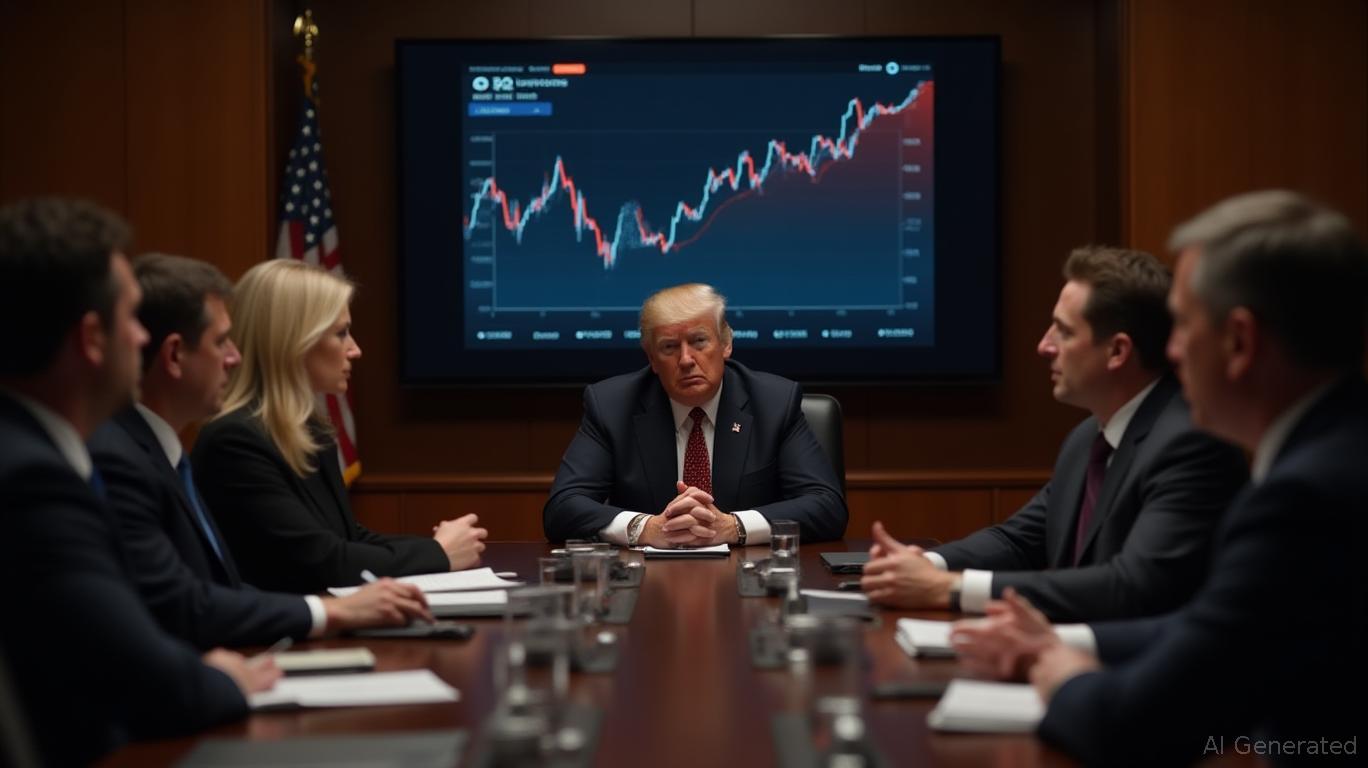Bitcoin’s surge compels U.S. policymakers to navigate a delicate and consequential balancing act
The relationship between
The launch of the council occurs against a backdrop of surging interest in digital currencies from both governmental and private entities. Despite Bitcoin’s foundation as a decentralized, peer-to-peer network without centralized leadership, its growing adoption in international finance has led regulators to evaluate its broader effects on the system. Bitcoin’s protocol relies on cryptographic agreement, with a global network of miners confirming each transaction. This process upholds the blockchain’s reliability and guards against tampering, which is vital for maintaining user trust.
The initiative is fueled by more than just government involvement. The Bitcoin community has shown persistent dedication to increasing the network’s accessibility and usage. Bitcoin.org continues to serve as a key resource for community interaction and education, highlighting the technology’s open-source foundation. The site demonstrates how individuals can carry out transactions securely without needing traditional banks, a factor central to Bitcoin’s popularity. This commitment to decentralization is in line with the mission of the Bitcoin Treasury Council, which aims to ensure that regulatory measures respect the fundamental values of the technology.
Technically, Bitcoin’s operation depends on the interaction between wallets, the blockchain, and the mining process. Wallets provide users with a main point of access, generating unique addresses for every transaction. These addresses facilitate sending and receiving Bitcoin, with balances publicly recorded on the blockchain. Cryptographic signatures, created with private keys, secure transactions and are necessary for approval. When a transaction is sent, it is validated through mining, added to the blockchain only after meeting stringent cryptographic standards.
The creation of the Bitcoin Treasury Council marks a significant step in the ongoing conversation between digital currency advocates and policymakers. Although its long-term impact is yet to unfold, the council’s actions are likely to shape future legislative debates. Experts believe the group’s effectiveness will rest on finding the right balance between encouraging new technology and enacting necessary regulation, a challenge that continues to shape the world of digital assets.
